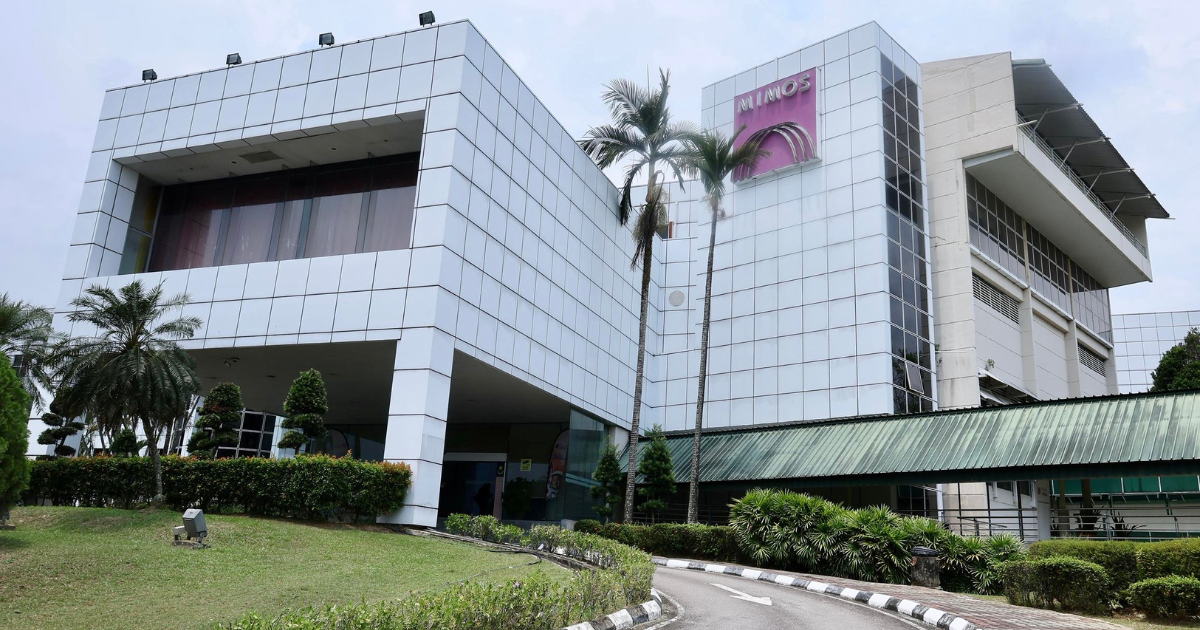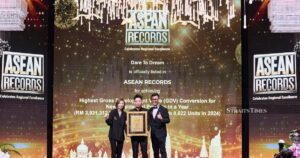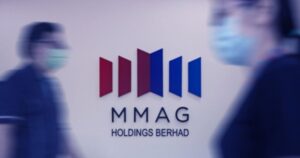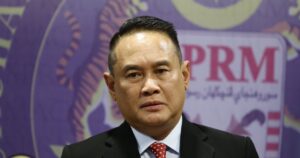AS Malaysia prepares to embark on the 13th Malaysia Plan (13MP), MIMOS Berhad is sharpening its focus on deep technology to position the country as a digitally sovereign and globally competitive nation.
The national research and development (R&D) centre, under the purview of the Science, Technology and Innovation Ministry, is anchoring its work on key technology domains, such as advanced semiconductors, embedded electronics and artificial intelligence (AI).
MIMOS Berhad Chief Strategy Officer Ramesh Kumar Nadarajah said the agency’s research priorities were guided by long-horizon foresight and structured alignment with national industrial policies.
“We evaluate how current global megatrends, such as deglobalisation, AI proliferation and the green transition, will shape Malaysia’s future competitiveness — and we align our R&D direction accordingly,” he told Business Times.
Ramesh said the agency is actively supporting government missions outlined in the National Semiconductor Strategy (NSS), the New Industrial Master Plan 2030 (NIMP 2030) and the National Energy Transition Roadmap (NETR), among others.
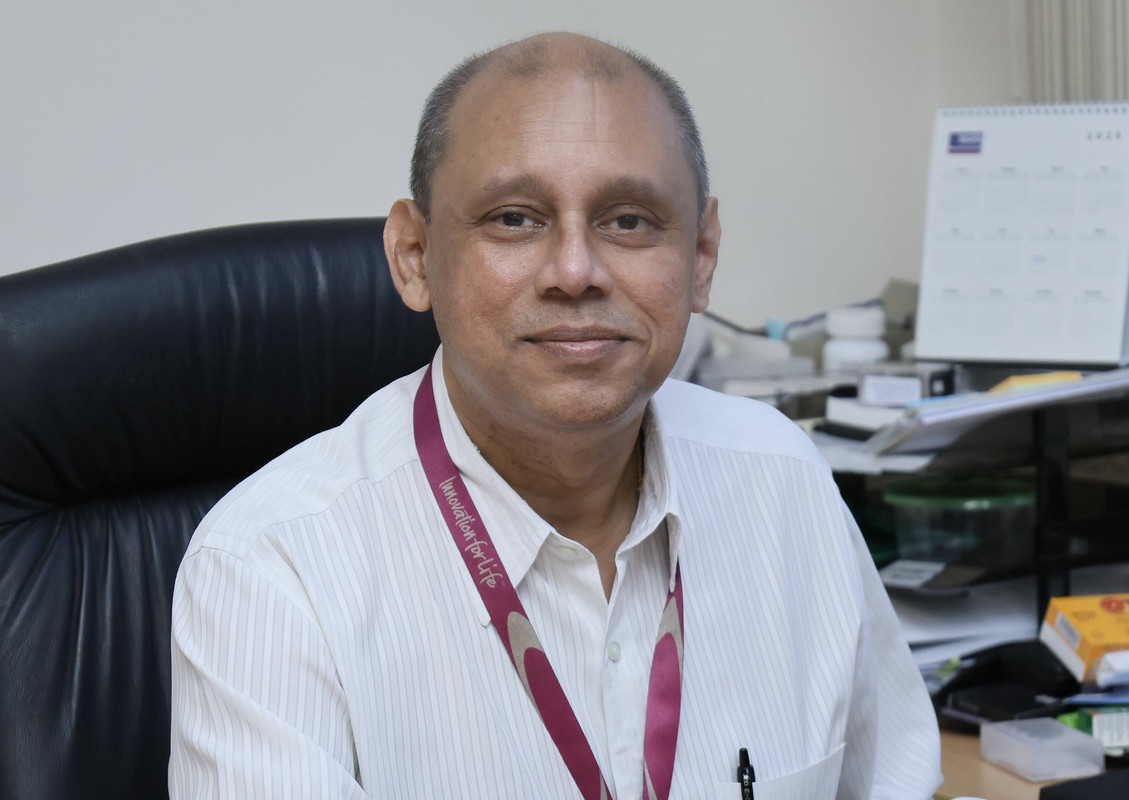
DEEP TECH AS A SOVEREIGN IMPERATIVE
At the core of MIMOS Berhad’s mission is the development of sovereign capabilities in technologies that can redefine Malaysia’s position in global value chains.
“Malaysia’s future economic resilience depends on owning key technologies.
“We are investing in advanced semiconductors, trusted AI, secure communications and next-generation sensing technologies. These capabilities are not just enablers but strategic levers,” Ramesh said.
MIMOS Berhad’s in-house semiconductor facility includes two wafer fabrication plants, one for R&D and the other for pilot-scale production, which serve as a platform for universities and start-ups to design and prototype chips without the cost of building their own manufacturing plant.
Through this facility, MIMOS is contributing technical input and infrastructure support to the rollout of the NSS, particularly in two critical areas — wide bandgap semiconductors and advanced chip packaging.
“Wide bandgap technology supports power electronics, which are vital for electric vehicles and high-performance applications. Advanced packaging, on the other hand, is a strategic step to build on Malaysia’s existing strength in packaging and move up the value chain,” he said.
He added that Malaysia’s electrical and electronics exports were worth over RM500 billion in both 2022 to 2023.
A shift into advanced packaging could double that figure by 2030.
FROM LAB TO MARKET: INNOVATION WITH IMPACT
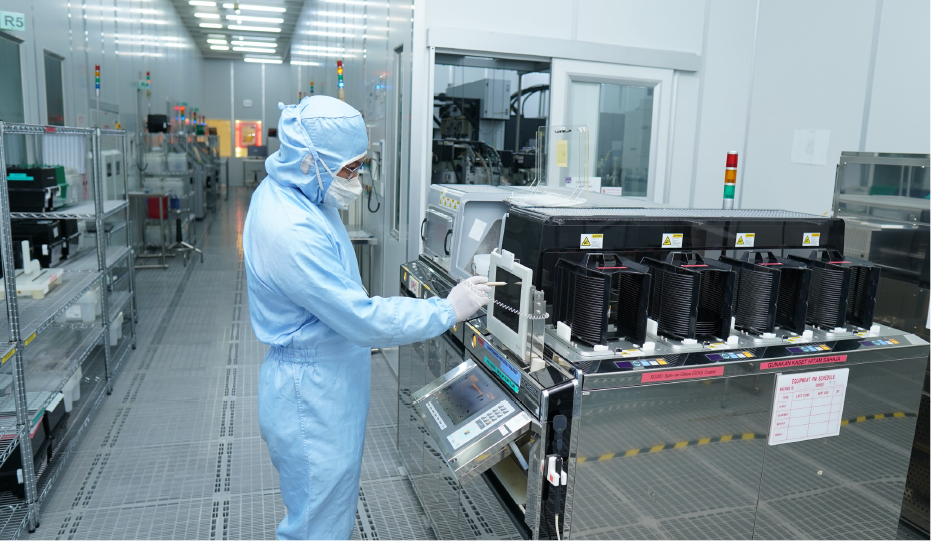
While R&D is at the heart of MIMOS Berhad’s operations, commercialisation and time-to-market are increasingly defining the agency’s success metrics.
“We design R&D pipelines to bridge early-stage breakthroughs with commercial applications. The goal is to scale innovations rapidly, supported by strong public-private partnerships,” Ramesh said.
One such example is a non-intrusive blood glucose and haemoglobin sensor — a medical device that uses light refraction instead of needles to capture real-time health data.
“The technology is undergoing medical device certification and is expected to be market-ready by year end. It’s a potential game-changer in diabetes care,” he said.
MIMOS Berhad has also developed a low-cost industrial IoT solution that enables energy-efficient climate control. This device is being deployed in chiller systems for large buildings.
Another of its projects leverages blockchain to track high-value agricultural products like durians, ensuring traceability and authenticity in global markets.
This blockchain model is being expanded into the halal supply chain ecosystem and to secure high-volume imports and exports for Authorised Economic Operators.
BUILDING TALENT FOR THE FUTURE
With technology advancing rapidly, MIMOS is doubling down on talent development to ensure Malaysia has the right human capital to support its digital ambitions.
Through its MIMOS Academy, the agency offers hands-on training for professionals in semiconductor manufacturing, failure and materials analysis, AI application development and blockchain technology.
“Companies can send their employees to train here using our high-tech machines. That way, they don’t need to disrupt their own production lines,” said Ramesh.
He added that MIMOS also works with universities by offering internship programmes, enhancing academic syllabi and encouraging postgraduate research that is conducted within its facilities.
“We’re working to reduce the average age of our organisation. Technological innovation requires agile minds, so we’re hiring more fresh graduates. We even run a Junior Academy for pre-schoolers to spark interest in STEM (science, technology, engineering and mathematics),” he said.
ASEAN-SCALE TECH, MALAYSIAN ROOTS
Looking beyond domestic applications, MIMOS is also focused on building a regional innovation strategy centred on ASEAN collaboration.
Ramesh said the size of Malaysia’s domestic market was insufficient to support the scale required for capital-intensive R&D. Instead, the region must operate as a coordinated supply chain.
“A chip could be designed in Malaysia, fabricated in Thailand, tested back here, and assembled into a final product in Vietnam. That’s what an ASEAN-level product would look like,” he said.
MIMOS Berhad is also providing technical support to help countries such as Uzbekistan build their own semiconductor hubs, a move that strengthens Malaysia’s role in the global tech ecosystem while fostering strategic partnerships for long-term growth.
© New Straits Times Press (M) Bhd
